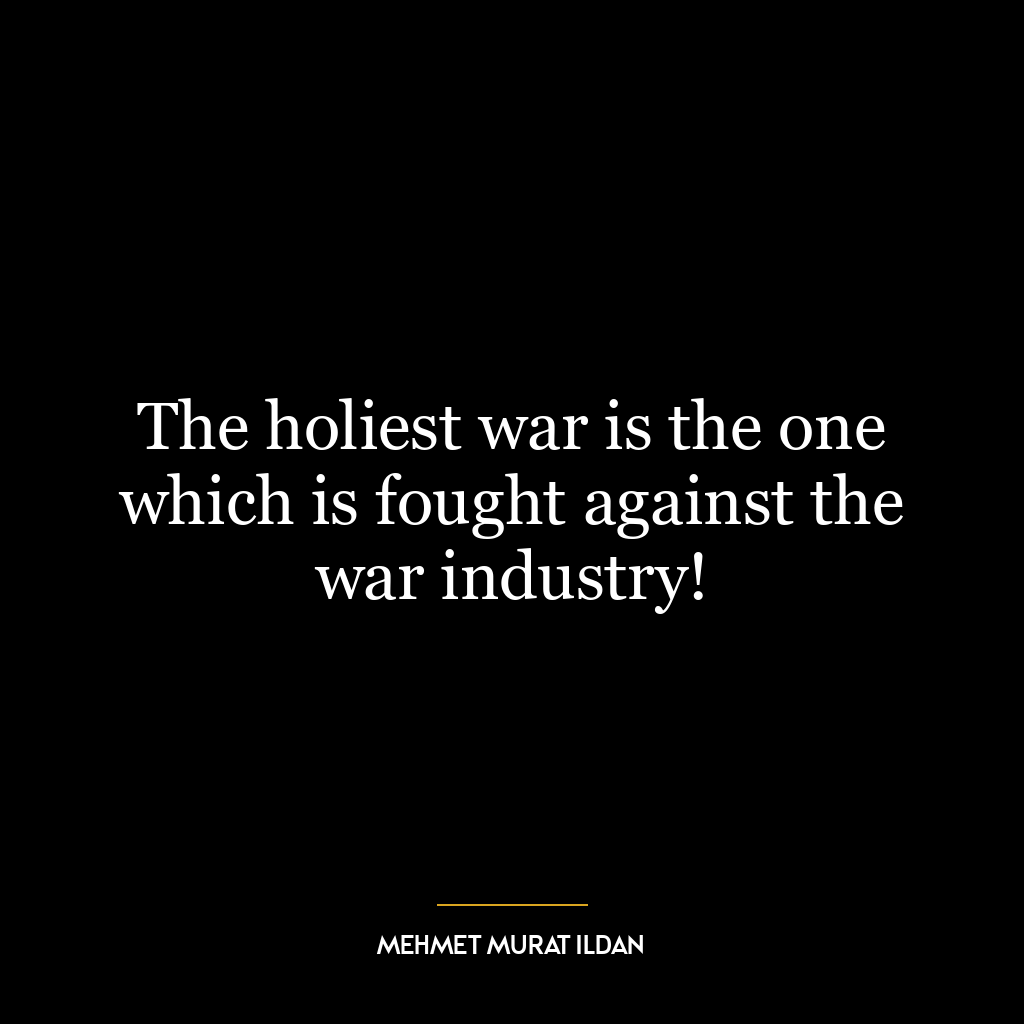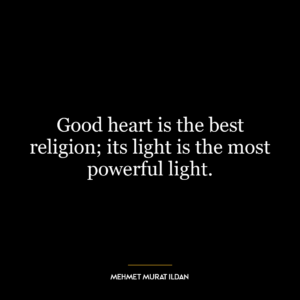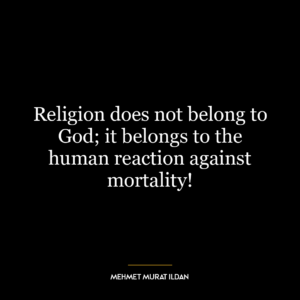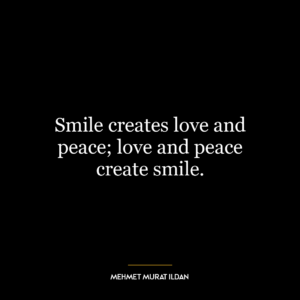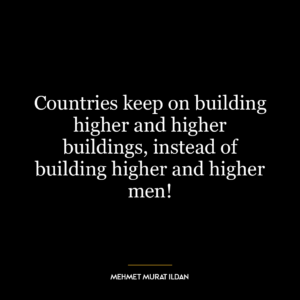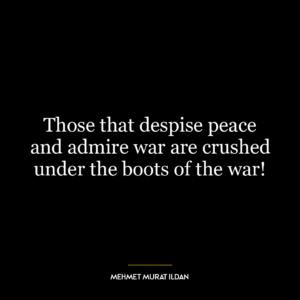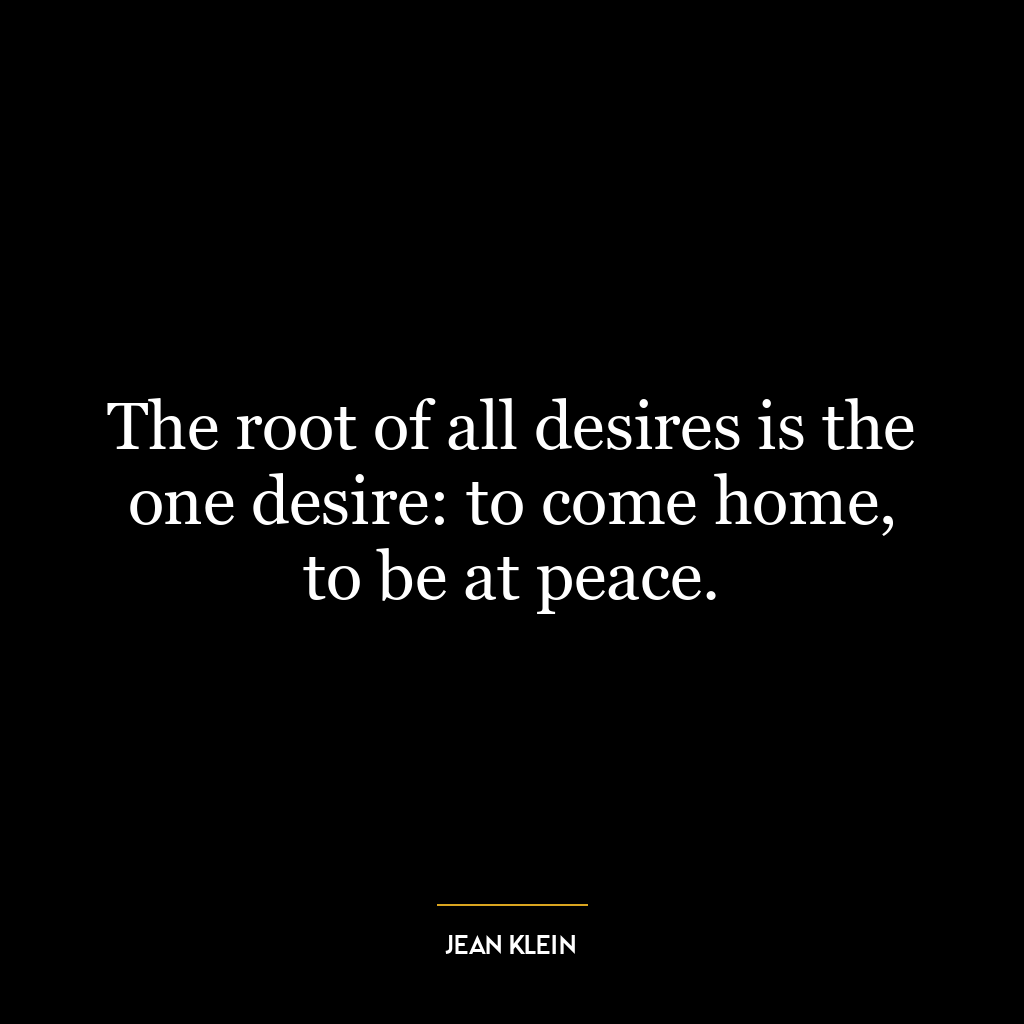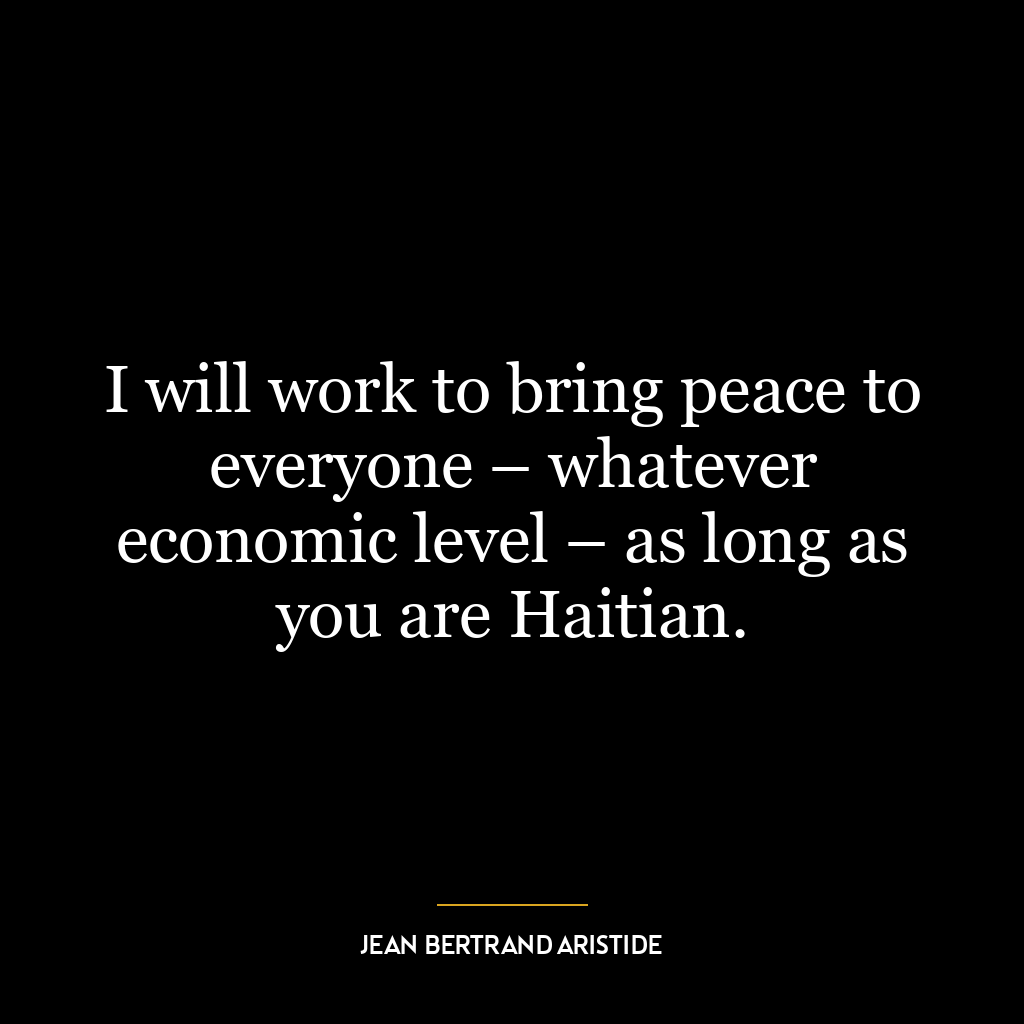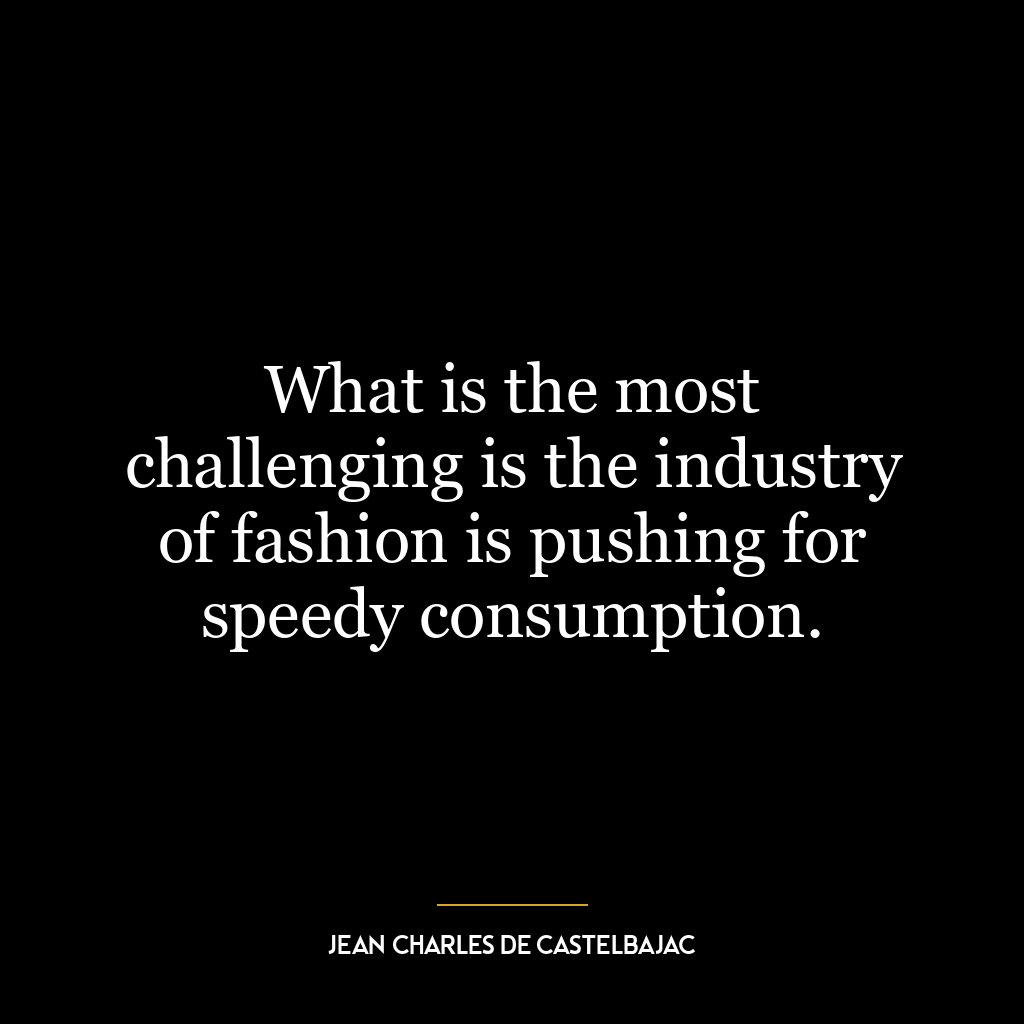The holiest war is the one which is fought against the war industry!
The quote “The holiest war is the one which is fought against the war industry!” suggests that the noblest cause or battle to undertake is one that seeks to dismantle systems and industries that profit from conflict and destruction. The “war industry” can be taken to mean any entity or institution – whether corporations, governments, or individuals – who benefit either economically, politically, or socially from perpetuating warfare.
This idea challenges conventional notions of what constitutes a ‘just’ war. Instead of focusing on specific causes or enemies, it shifts our attention towards systemic issues: those who stand to gain from continuous strife and discord. It implies that true peace cannot be achieved until these structures are confronted and dismantled.
In today’s world, this could apply in several ways. On an international level, it might refer to arms manufacturers and dealers profiting off global conflicts; on a national level, it could allude to politicians who use fear-mongering tactics for personal gain; at a community level, it might point towards local groups exacerbating social tensions for their own ends.
In terms of personal development, this quote encourages us not only to question our individual actions but also the larger systems we participate in. It prompts us to consider how we may inadvertently contribute towards conflict – through our consumption habits (such as purchasing products made by companies involved in arms trade), our political choices (supporting leaders who engage in warmongering), etc., urging us instead towards active peacemaking – not just through avoiding direct harm unto others but by actively challenging structures of violence too.
Ultimately then this quote calls for critical self-reflection about how we relate with power structures around us – do we passively accept them as given? Or do we recognize their role in promoting discord and take steps against them? The latter option being presented as the ‘holiest’ path suggests its difficulty but also its moral righteousness.

